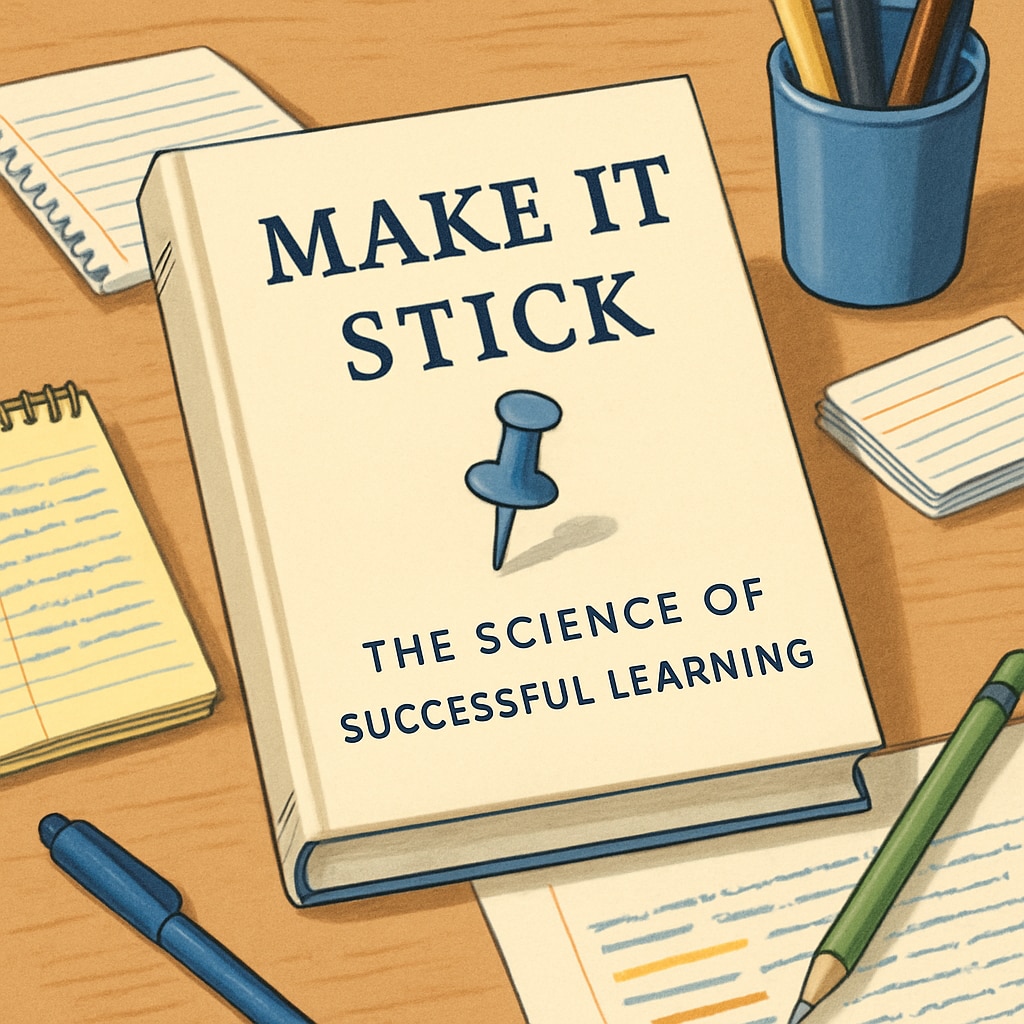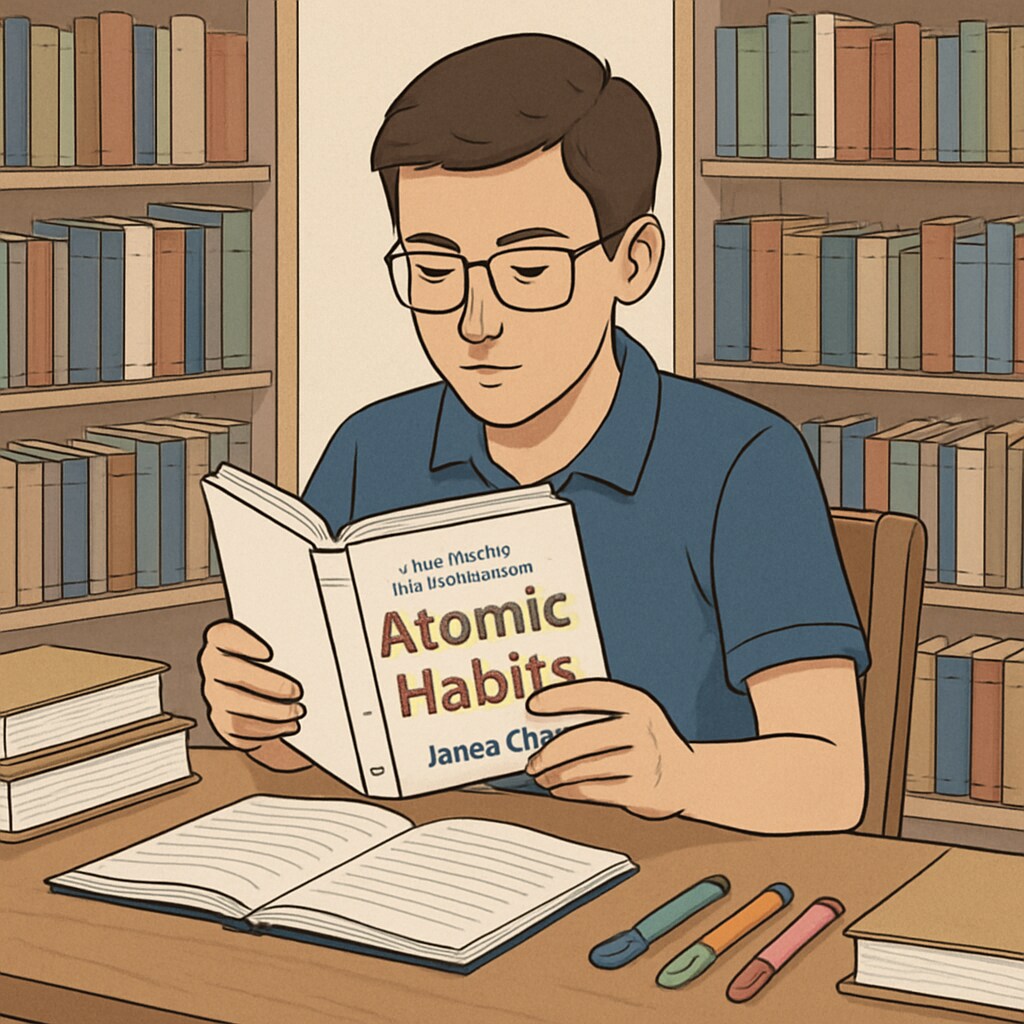In today’s world of constant information overload, mastering effective learning methods and memory techniques is crucial for success, especially for K12 students. With the right strategies, teens can improve their study habits, manage their time wisely, and retain information more efficiently. To help young learners thrive, we’ve curated six game-changing books that provide actionable insights into learning science, memory improvement, and productivity. Whether you’re a student, parent, or educator, these books are invaluable resources to revolutionize the way teens approach learning.
1. “Make It Stick: The Science of Successful Learning”
Make It Stick by Peter C. Brown, Henry L. Roediger III, and Mark A. McDaniel delves into the cognitive science behind effective learning. The book emphasizes techniques like spaced repetition, active recall, and interleaved practice, which are scientifically proven to enhance memory retention. Rather than relying on rote memorization, it encourages readers to understand and apply concepts deeply. For students who struggle with retaining information, this book provides a clear roadmap to success.

2. “Moonwalking with Einstein: The Art and Science of Remembering Everything”
Written by Joshua Foer, Moonwalking with Einstein is a fascinating exploration of memory techniques. The book combines storytelling with practical tips, showcasing how Foer trained his memory to compete in the U.S. Memory Championship. It introduces concepts like the memory palace technique, which can help students visualize and organize information effectively. This engaging read is perfect for teens who want to build a sharper memory.
3. “Atomic Habits: An Easy & Proven Way to Build Good Habits & Break Bad Ones”
James Clear’s Atomic Habits focuses on the power of small changes to create lasting habits. While not exclusively about learning, its principles are highly applicable to developing consistent study routines. The book explains how to set achievable goals, create effective systems, and overcome procrastination. For students who struggle with time management, Clear’s insights offer a practical guide to building sustainable habits.

4. “The Power of Now: A Guide to Spiritual Enlightenment”
Eckhart Tolle’s The Power of Now emphasizes mindfulness and staying present, which are essential for focused learning. While the book is philosophical in nature, its teachings can help students reduce stress, improve concentration, and approach studies with a calm mindset. By practicing mindfulness, teens can enhance their ability to absorb and retain information.
5. “The Productivity Project: Accomplishing More by Managing Your Time, Attention, and Energy”
Written by Chris Bailey, The Productivity Project offers practical advice on managing time, focusing attention, and optimizing energy for peak performance. The book is filled with relatable anecdotes and actionable tips, making it an excellent resource for students juggling multiple responsibilities. By applying its strategies, teens can boost their productivity and achieve better academic results.
6. “Ultralearning: Master Hard Skills, Outsmart the Competition, and Accelerate Your Career”
Scott H. Young’s Ultralearning is a must-read for students who want to master complex skills quickly. The book outlines principles like meta-learning (understanding how you learn best) and deliberate practice. It provides a framework for tackling challenging subjects and excelling in competitive environments. This book is particularly valuable for ambitious teens eager to go beyond traditional learning methods.
In conclusion, these six books offer a comprehensive toolkit for mastering learning methods, memory techniques, and time management. By exploring these resources, teens can transform their study habits and unlock their full academic potential. Start with one book, and watch your learning efficiency soar!
Readability guidance: The content is divided into clear sections with short paragraphs and actionable insights. Lists and examples are used to enhance clarity. Overuse of technical jargon is avoided, and transitions ensure a smooth flow of ideas.


